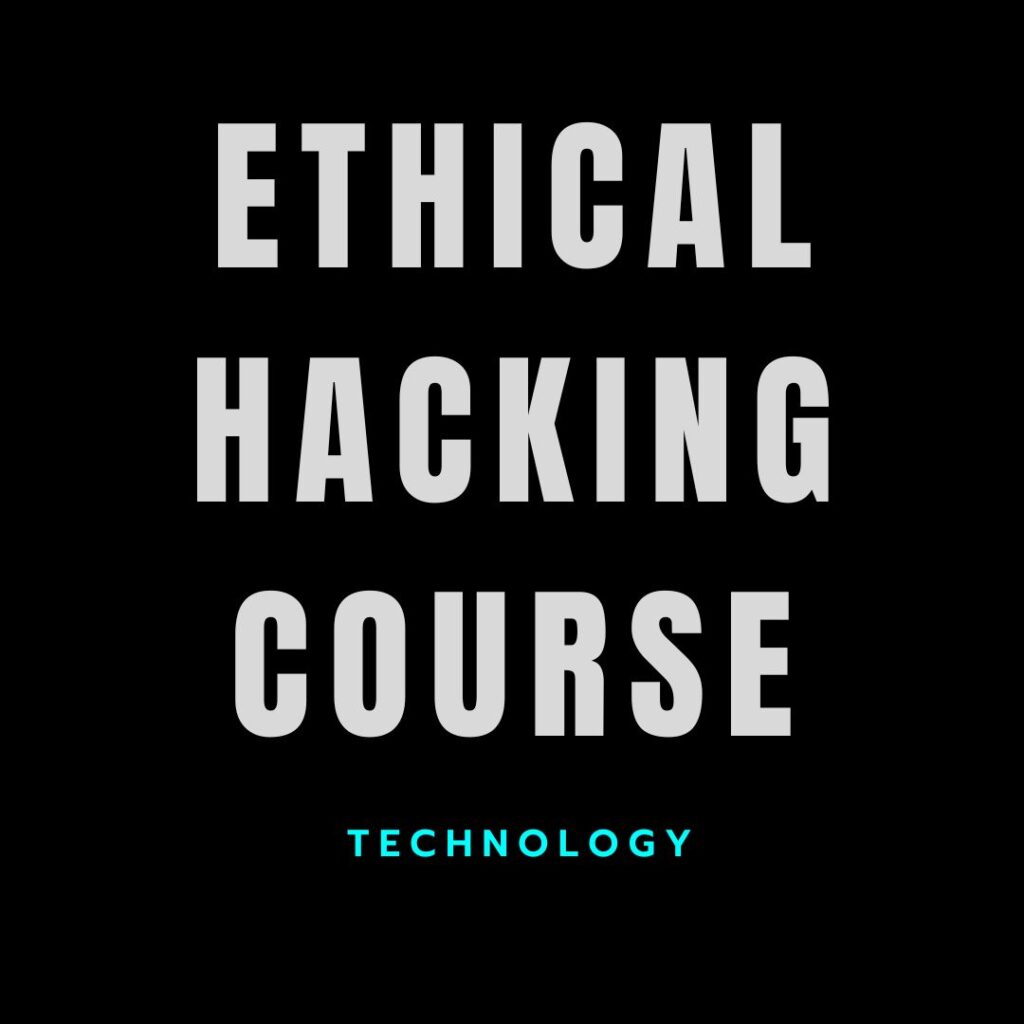In today’s digital landscape, the growing reliance on technology brings both convenience and vulnerability. With the rise of cyber threats, the need for skilled professionals capable of securing systems and networks has become more critical than ever. Ethical hacking courses have emerged as a gateway for individuals seeking to master the techniques used by hackers—legally and ethically—to protect and fortify digital infrastructure.
What is Ethical Hacking?
Ethical hacking, also known as penetration testing or white-hat hacking, involves legally breaking into systems to identify vulnerabilities before malicious hackers can exploit them. Ethical hackers mimic the methods and mindset of black-hat hackers but use their skills for good, helping organizations stay ahead of cyber threats.
Why Enroll in Ethical Hacking Courses?
Ethical hacking courses are ideal for IT professionals, cybersecurity enthusiasts, and beginners looking to enter the field of cybersecurity. These courses provide a structured approach to understanding complex hacking techniques and security tools through practical, hands-on learning.
Some key reasons to enroll include:
- High Demand for Ethical Hackers: Organizations across industries need security experts to defend against cyber threats.
- Practical Skill Development: Courses offer real-world labs that simulate hacking scenarios to build hands-on skills.
- Attractive Salaries and Career Growth: Certified ethical hackers (CEHs) and penetration testers enjoy high salaries and significant career opportunities.
- Certification Opportunities: Many courses help prepare students for industry-recognized certifications such as CEH, CompTIA Pentest+, and OSCP.
Core Topics Covered in Ethical Hacking Courses
1. Introduction to Ethical Hacking and Cybersecurity
Students learn the basics of cybersecurity, threat landscapes, and ethical hacking principles, including legal frameworks and compliance guidelines.
2. Footprinting and Reconnaissance
This phase focuses on gathering information about the target, including open ports, IP addresses, and operating systems, using tools like Nmap and Maltego.
3. Scanning and Vulnerability Assessment
Students are introduced to network scanning tools and techniques to identify weak spots in systems. Common tools include Nessus and OpenVAS.
4. Exploitation and System Hacking
This section teaches how hackers gain unauthorized access to systems using malware, brute-force attacks, and privilege escalation techniques.
5. Web Application Security
Courses delve into web-based attacks such as SQL injection, cross-site scripting (XSS), and file inclusion vulnerabilities, with tools like Burp Suite.
6. Wireless Network Hacking
Learners explore vulnerabilities in wireless networks, including Wi-Fi encryption cracking and rogue access point attacks.
7. Social Engineering Techniques
Students are trained to identify and defend against phishing, baiting, and other psychological manipulation tactics used to trick people into revealing confidential information.
8. Penetration Testing Methodologies
Comprehensive courses guide students through the entire process of penetration testing, including planning, execution, and reporting.
Popular Certifications Associated with Ethical Hacking Courses
- Certified Ethical Hacker (CEH): A globally recognized credential by EC-Council.
- Offensive Security Certified Professional (OSCP): Known for its challenging hands-on exam.
- CompTIA PenTest+: Focuses on penetration testing and vulnerability management.
- CISA/CISM: Certifications by ISACA, with a focus on security governance.
Learning Formats: Flexibility for All
Ethical hacking courses are available in multiple formats to suit different learning preferences:
- Online Self-Paced Learning: Perfect for professionals with busy schedules.
- Instructor-Led Training (ILT): Live online classes or in-person training with expert instructors.
- Boot Camps: Intensive, short-term programs focusing on rapid skill acquisition.
- University Programs: Some academic institutions offer ethical hacking as part of their cybersecurity degrees.
Who Should Take Ethical Hacking Courses?
These courses are designed for a wide audience, including:
- IT Professionals looking to transition into cybersecurity roles.
- Students and Fresh Graduates aiming to start a career in cybersecurity.
- System Administrators and Network Engineers seeking to enhance their security skills.
- Penetration Testers and Red Teamers sharpening their offensive security techniques.
Career Opportunities After Completing Ethical Hacking Courses
Graduates of ethical hacking programs can pursue roles such as:
- Penetration Tester
- Security Analyst
- Security Consultant
- Red Team Specialist
- Network Security Engineer
The career path often begins with roles focused on monitoring and incident response, eventually progressing to advanced offensive security positions.
Conclusion: Stay Ahead in the Cybersecurity Race
In a world where cybercrime continues to evolve, ethical hacking courses empower individuals to fight back. Whether you are starting fresh or advancing your career, these programs offer essential knowledge and skills to detect, prevent, and mitigate security threats. With the right training, ethical hackers become the backbone of modern cybersecurity, helping organizations stay one step ahead of cybercriminals.
Explore the world of ethical hacking today, and take the first step toward a rewarding and impactful career in cybersecurity
